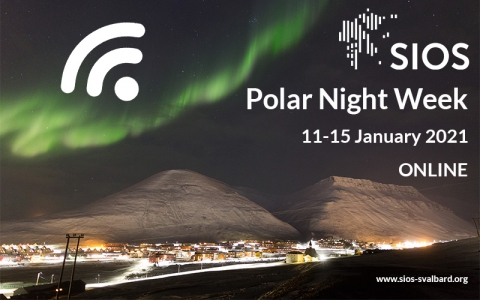The Migration in Harmony Research Coordination Network announces their next webinar entitled Indigenous Peoples’ Decision-Making Institutions in the Arctic and Globally.
In this livestream, learn from Alexey Tsykarev on how Indigenous People's decision-making in the Arctic and globally impact language revitalization and education policies and human rights.
Aleksei Tsykarev serves as chair of the Center for Support of Indigenous Peoples and Civic Diplomacy "Young Karelia", an NGO recognized with special consultative status by United Nations Economic and Social Council. A lifetime activist for the rights of indigenous peoples in Russia, Tsykarev previously led the International Youth Association of Finno-Ugric Peoples, and has served as an independent expert in several United Nations capacities.
Tsykarev is a former Member and Chairperson-Rapporteur of the United Nations Expert Mechanism on the Rights of Indigenous Peoples, a subsidiary body of the UN Human Rights Council. He served on the Steering Committee for the UN’s 2019 International Year of Indigenous Languages, led by UNESCO. Tsykarev holds a Master of Linguistics from Petrozavodsk State University, in Russia, and his academic publications focus on indigenous peoples’ rights, particularly in the areas of language and culture. In Spring 2019, he was a Visiting Scholar at the University of Colorado in the United States. Most recently, Tsykarev was appointed by the UN Economic and Social Council to serve as Member of the Permanent Forum on Indigenous Issues for a three-year term starting on 1 January, 2020.
Tsykarev advises global institutions, including the World Bank, as well as think tanks and scientific organizations, regarding indigenous peoples’ rights. He has been active in a range of indigenous organizations, and has participated in regional and international forums, including the World Conference on Indigenous Issues, World Conference on Youth, the World Congress of Finno-Ugric Peoples, and the Global Indigenous Youth Caucus. Tsykarev has coordinated a number of international projects in the sphere of human rights, culture, and civic diplomacy, and serves on advisory councils to government ministries and offices. Tsykarev lectures on indigenous peoples and human rights at universities around the world, as well as in various bodies of the United Nations.
This livestream presentation is part of the Arctic Winter College, a program run in partnership with the Migration in Harmony Research Coordination Network.

